https://repositorio.cetys.mx/handle/60000/1487| Campo DC | Valor | Lengua/Idioma |
|---|---|---|
| dc.contributor.author | Álamo Hernández, Pablo | - |
| dc.contributor.author | Echeverría del Valle, María del Carmen | - |
| dc.contributor.author | Lis-Gutiérrez, Jenny Paola | - |
| dc.date.accessioned | 2022-10-31T18:52:42Z | - |
| dc.date.available | 2022-10-31T18:52:42Z | - |
| dc.date.issued | 2021 | - |
| dc.identifier.isbn | 9783030607272 | - |
| dc.identifier.uri | https://repositorio.cetys.mx/handle/60000/1487 | - |
| dc.description | Chapter 2 Pages 13 - 44 | es_ES |
| dc.description.abstract | Progress has been made in the last years concerning the awareness that firms have inescapable ethical obligations with society, especially with their stakeholders. The crisis brought upon by the COVID-19 pandemic enhanced the need to reconsider the paradigms on which the business world has been built. In this context, the requirements of social responsibility are an acknowledgement, both explicit and implicit, of the belief that firms are a moral agent with not only legal but also ethical responsibilities. This chapter seeks to contribute to an ancient, yet current philosophical debate by answering a fundamental question: What are the reasons that allow us to affirm that firms are moral agents? Moreover, as a result of this ethical awareness, the action principles that shall guide the firm in its relationship with stakeholders are presented. The conceptual reflection is complemented by fieldwork in six Ibero-American countries with the participation of 397 people from executive, mid-tier and operational levels. RESUMEN En los últimos años se ha avanzado en la concienciación de que las empresas tienen obligaciones éticas ineludibles con la sociedad, especialmente con sus grupos de interés. La crisis provocada por la pandemia del COVID-19 potenció la necesidad de reconsiderar los paradigmas sobre los que se ha construido el mundo empresarial. En este contexto, los requisitos de la responsabilidad social son un reconocimiento, tanto explícito como implícito, de la creencia de que las empresas son un agente moral con responsabilidades no solo legales sino también éticas. Este capítulo busca contribuir a un debate filosófico antiguo pero actual al responder una pregunta fundamental: ¿Cuáles son las razones que nos permiten afirmar que las empresas son agentes morales? Además, como resultado de esta conciencia ética, se presentan los principios de actuación que deberán guiar a la firma en su relación con los grupos de interés. La reflexión conceptual se complementa con trabajo de campo en seis países iberoamericanos con la participación de 397 personas de niveles ejecutivos, medios y operativos. | es_ES |
| dc.language.iso | en_US | es_ES |
| dc.rights | Atribución-NoComercial-CompartirIgual 2.5 México | * |
| dc.rights.uri | http://creativecommons.org/licenses/by-nc-sa/2.5/mx/ | * |
| dc.subject | Business ethics | es_ES |
| dc.subject | Moral agent | es_ES |
| dc.subject | Stakeholders | es_ES |
| dc.subject | Corporate social responsibility | es_ES |
| dc.subject | Text mining | es_ES |
| dc.title | Progress in ethical practices of businesses | es_ES |
| dc.type | Book chapter | es_ES |
| dc.description.edition | First edition | es_ES |
| dc.subject.sede | Campus Mexicali | es_ES |
| dc.publisher.editorial | Springer | es_ES |
| dc.title.chapter | Firms as moral agents in the COVID-19 era: ethical principles that shall guide the company’s relationship with Its stakeholders | es_ES |
| Aparece en las colecciones: | Capítulos de Libro | |
| Fichero | Descripción | Tamaño | Formato | |
|---|---|---|---|---|
| Libro Completo (2021) Progress in Ethical Practices of Business, Springer (1).pdf | 6.07 MB | Adobe PDF |  Visualizar/Abrir |
Este ítem está protegido por copyright original |
Este ítem está sujeto a una licencia Creative Commons Licencia Creative Commons


